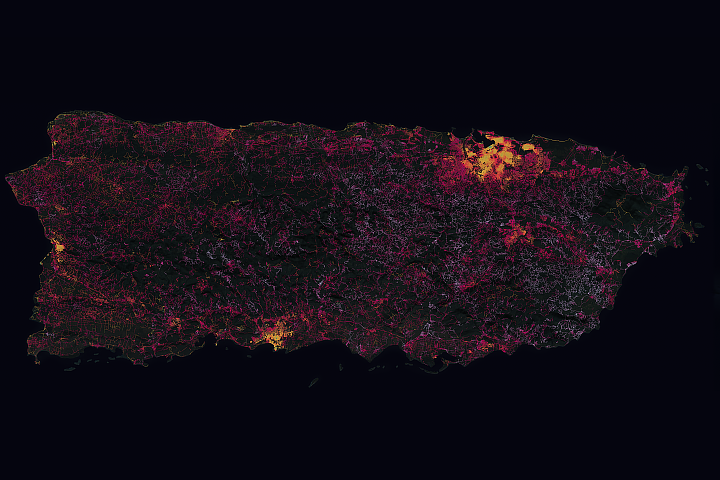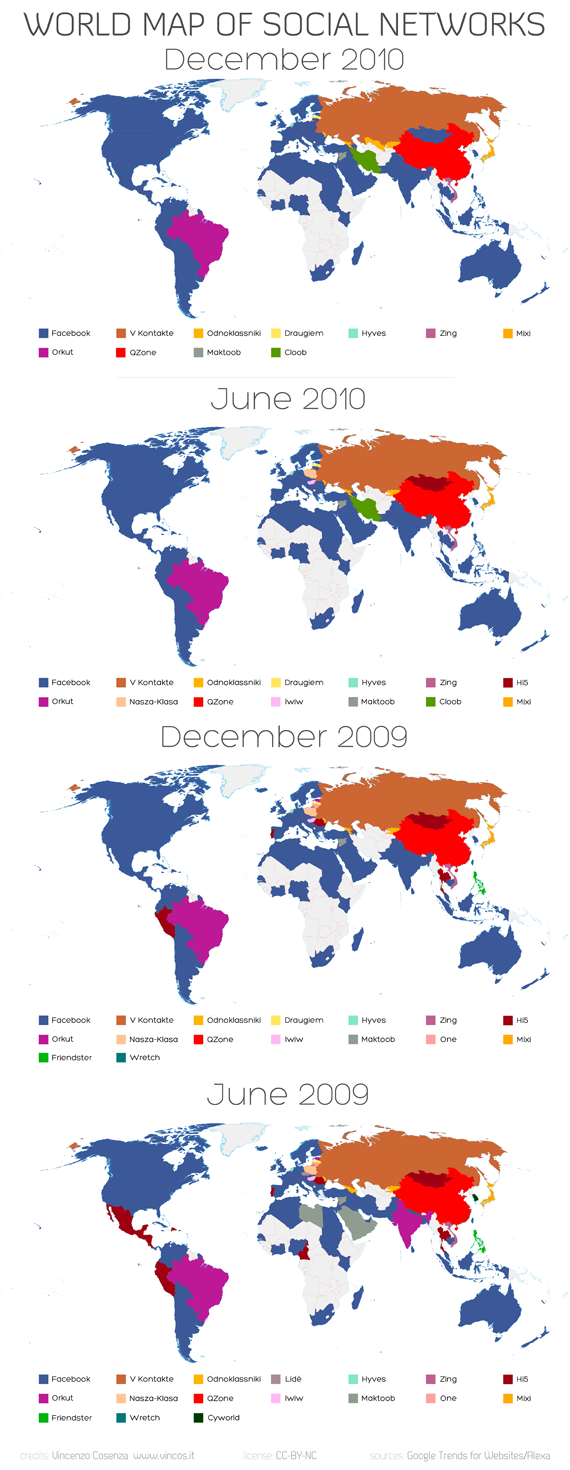 http://jewishworldreview.com/0307/blankley030707.php3
http://jewishworldreview.com/0307/blankley030707.php3http://www.jewishworldreview.com/ Some neuro-scientists see evidence that man is genetically hard-wired to be disposed to religious conviction. If this is so, it might explain why amongst even the French — the most secular culture on Earth — only 25 percent claim to be atheists, and a full 60 percent believe in a spiritual component to life. It might also explain why the environmental movement tends to veer toward a religious, rather than a scientific, sensibility.
This oft-observed aspect to environmentalism in general, and global warmingism in particular, has been shrewdly analyzed in a new book, "The Future of Everything: The Science of Prediction," by former University College London professor Dr. David Orrell. Among other things, Dr. Orrell focuses on the similarity between global warming advocates' powerful predictive urge and the inherent prophetic nature of the religious instinct.
While I suspect that most global warming alarmists would be offended if they were called pagan neo-animists, in fact, some leading religious scholars have written cogently on the point. For example, Graham Harvey, professor of religious studies at King Alfred's College, England, has written two approving books on the topic: "Contemporary Paganism: Listening People, Speaking Earth," (New York University Press) and "Animism: Respecting the Living World." (Columbia University Press).
As Professor Graham writes: "This new use of the term animism applies to the religious worldviews and lifeways of communities and cultures for which it is important to inculcate and enhance appropriate ways to live respectfully within the wider community of [non-human animate and inanimate] persons."
Moreover, there has been a conscious awareness that religious fervor would be needed to energize the environmental movement. As Joseph Brean points out in his recent National Post review of Dr. Orrell's book:
"Forty years ago, shortly after Rachel Carson launched modern environmentalism … a Princeton history professor named Lynn White wrote a seminal essay called the Historical Roots of our Ecological Crises: 'By destroying pagan animism, Christianity made it possible to exploit nature in a mood of indifference to the feelings of natural objects. Since the roots of our trouble are so largely religious, the remedy must also be essentially religious, whether we call it that or not.' It was a prescient claim. In a 2003 speech … Michael Crichton … closed the circle, calling modern environmentalism 'the religion of choice for urban atheists … a perfect 21st Century re-mapping of traditional JudeoChristian beliefs and myths."
Now, there is nothing wrong, and a lot right, with the human instinct to try to understand man within a larger transcendental context. The arrogant and monstrously dilated individual human ego is the direct cause of much of mankind's suffering throughout our benighted existence.
And while I have my own religious thoughts, I will not disdain any man's search for the transcendent. But a religion should be understood by both its adherents and others for what it is — a religion. The trouble with global warming believers is that probably most of them delude themselves into thinking they are practicing science — not religion.
And yet, the signs of religiousness are readily to be seen. Al Gore and his Hollywood coterie have almost comically manifested one aspect of their new religion in the last few weeks — the sense of sin and the search for remission of such sin.
At the Academy Awards last month, their spokesman proudly announced that this year's show was "the first green Oscars." These vast consumers of energy — in their 30,000-sqare-foot houses, their Gulfstream jets and even in their high-energy consumption film production process — claimed green remission of sin by virtue of driving the last hundred yards to the Kodak Theatre in Priuses and by buying carbon credits.
Likewise, when Al Gore was revealed to be using high quantities of energy to heat and cool his large home, he claimed it was OK because he had purchased carbon offset credits. Substantively, these offsets are of dubious environmental value (see Daily Telegraph article: "Is Carbon Offsetting a Con"; BBC's "U.K. to Tackle Bogus Carbon Schemes"; Wall St. Journal's "The Political and Business Self-interest Behind Carbon Limits.")
But as, what the Catholic Church calls "indulgentia a culpa et a poena" (release from guilt and from punishment), paying carbon offset fees makes perfect religious sense. The Christian sinner pays the church for "a remission of the temporal punishment due, in G-d's justice, to sin that has been forgiven, which remission is granted by the church in the exercise of the powers of the keys, through the application of the superabundant merits of Christ and of the saints, and for some just and reasonable motive." (Catholic Encyclopedia)
In the animistic church, any using or changing of the physical world (such as burning carbon) is a sin against the sacred, holistic, living world (the Gaia hypothesis). But as everyone uses energy (just as every Christian sins), the neo-animist church, too, must provide for a remission of sin (and also, a handy source of profit for the carbon-offset company owners — such as Al Gore who, according to news reports, pays his indulgences to Generation Investment Management, of which he is the chairman.)
In the neo-animist church of global warming — as in all religions — the truth is acquired by faith — not science. And as in all religions, the faithful should be on guard for charlatans.















No comments:
Post a Comment